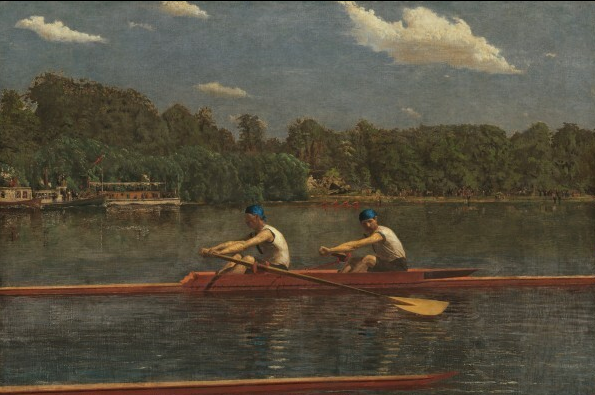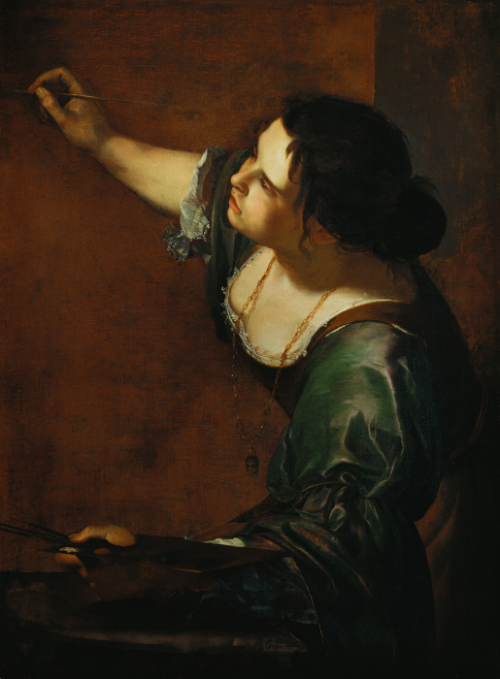So, we’re planning a conference and we want to invite an external speaker to address us and our colleagues - someone inspirational from a completely different world; who will get us all thinking outside the category, outside the box; someone who can convince us to raise our sights, raise our game.
Who are we going to call?
Maybe an Olympic oarsman, a downhill skier, a medal-winning sportswoman? Or perhaps a choreographer, a composer, a world-renowned film director?
Well, yes, any one of these could, I’m sure, be compelling and interesting. But perhaps we should first give a little thought to our selection criteria. Let’s examine the lessons we’re seeking to learn.

A first class sports person will prompt our colleagues to consider competition, goals and incremental improvement; team building, training and total honesty. They’ll teach us about the hard yards and the extra mile; to step up to the plate, to play the ball not the man, to want it more. There’s no ‘I’ in team. They’ll teach us all these things because fundamentally sport inspires people to perform.
We may, on the other hand, be keen to accelerate transformational change within our business. In which case sports people may not be so suited to the task. Setting aside the occasional formation adjustment and Fosbury Flop, for the most part athletes play the same game, on the same pitch, with the same rules. They’re seeking to be better, not different.
So if we’re looking to learn about change, we may prefer to talk to the cultural community. People from the arts world are daily engaged in innovation and invention, pioneering new paths and new perspectives. Art is an expression and catalyst of difference.
I think my most memorable marketing conference was one organised by Unilever in Dublin many years ago. A selection of actors and authors, poets and playwrights addressed the management teams of various global brands. They spoke to us about their sources of invention, the craft of creativity, the ‘habit of art’. You may well say that these themes were a million miles away from deodorant, detergent, blue bleach and yellow fats. But they seemed entirely relevant. Because they were all concerned with change.
I was interested therefore to see that Central Saint Martins, the London-based art and design school, and Birkbeck, the university that specialises in business education for working people, have recently combined to offer an MBA course. The course will bring together 'creative thinking with a rigorous business and economics base.' The shape of things to come perhaps.
“In an ever changing and ever more complex world, business leaders and entrepreneurs are going to need new ways of thinking and doing.”
Prof Jeremy Till, Dean of Central Saint Martins

Artemisia Gentileschi- Self Portrait as the Allegory of Painting
It’s clear that, before we pick up the phone to book our inspirational speaker, we should choose our metaphors wisely; tailor the talk to the task. We should remember that sport inspires us to perform, art inspires us to transform; sport makes us better, art makes us different.
Of course, in the long run, most modern businesses need both high performance and transformational change. My former boss, Nigel Bogle, consistently encouraged BBH to be better and different. So when it comes to inspiration at least, we may well need to mix our metaphors.
This piece appeared on Jim's blog here.